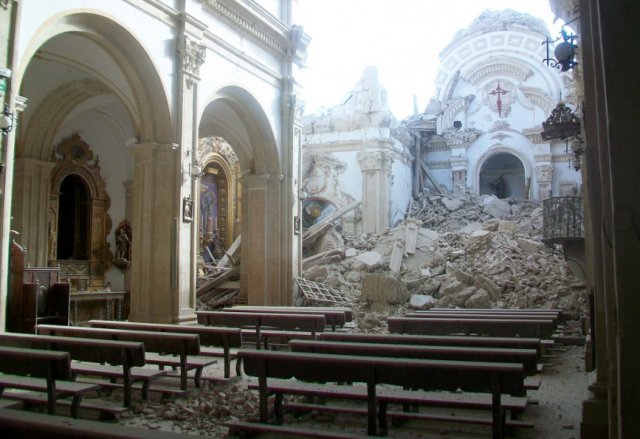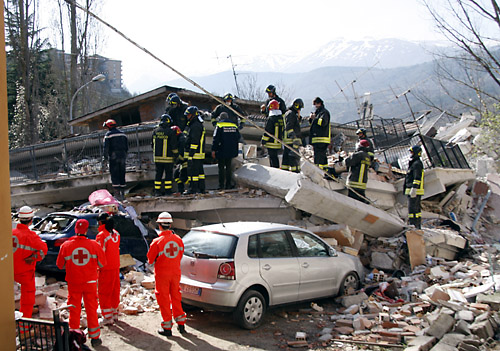With a number of nuclear and coal power stations reaching the end of their lives, the UK government needs to make decisions on future energy supply. When the current government was elected they talked about their green credentials, but with the announcement of new gas fired power stations, these credentials are being seriously questioned. It is argued that gas releases half as much greenhouse gases as coal. However, because of the particulates released by coal, some incoming solar radiation is actually reflected by them, creating a cooling effect. The government's committee on climate change was hoping that by 2030, 30% of energy would be from renewables, but many say this target is unrealistic and some say that gas may grow in importance and account for up to 50% of UK energy.
http://www.bbc.co.uk/news/science-environment-17423877




























